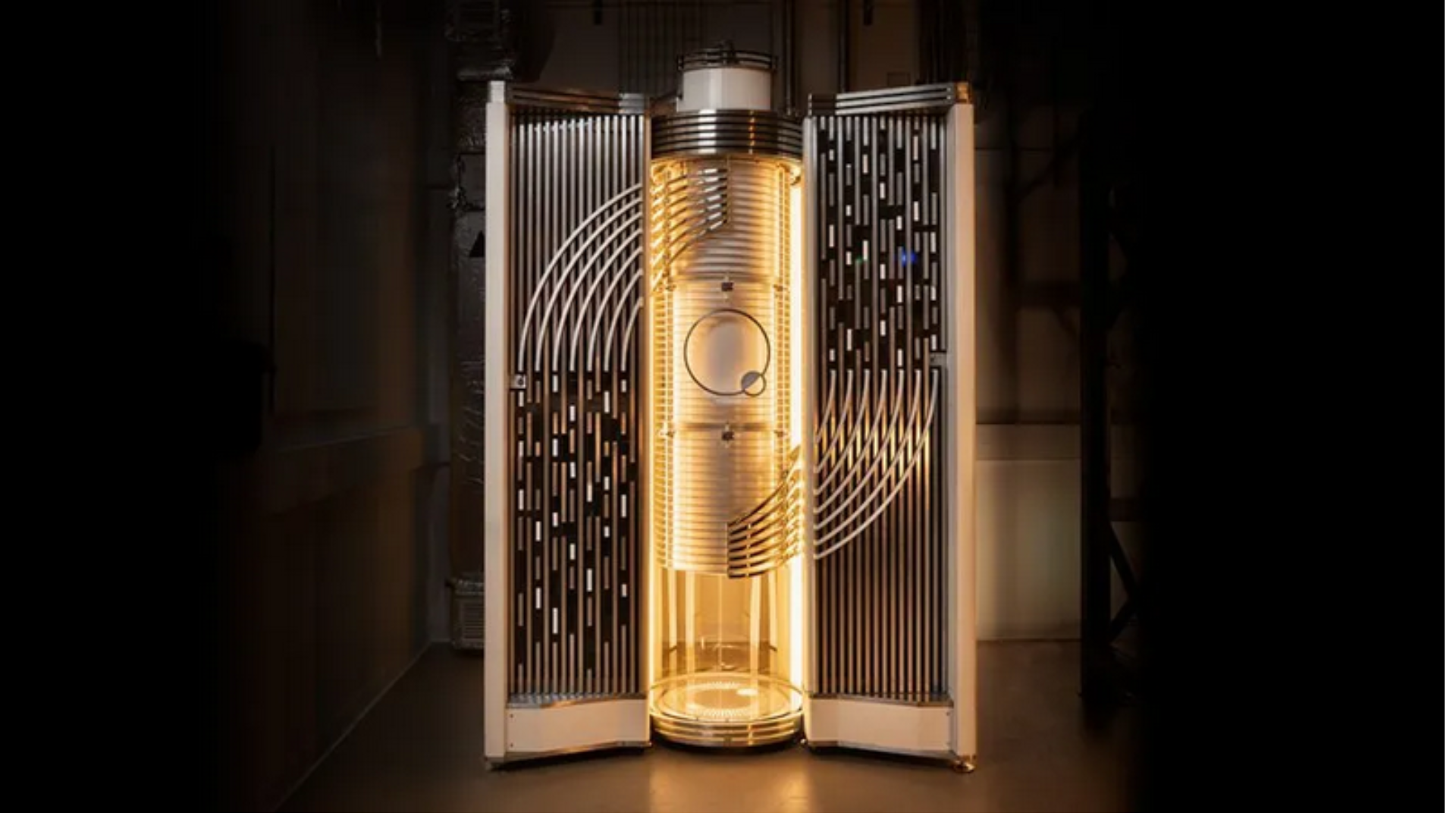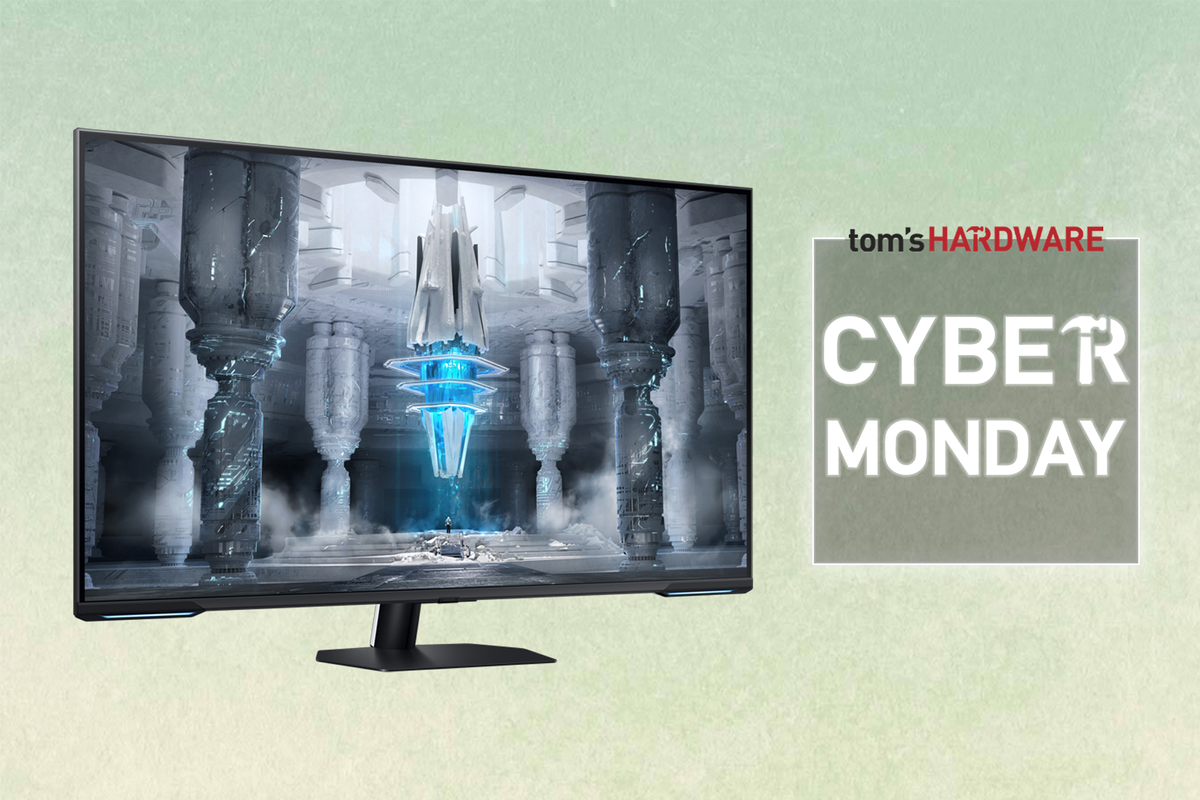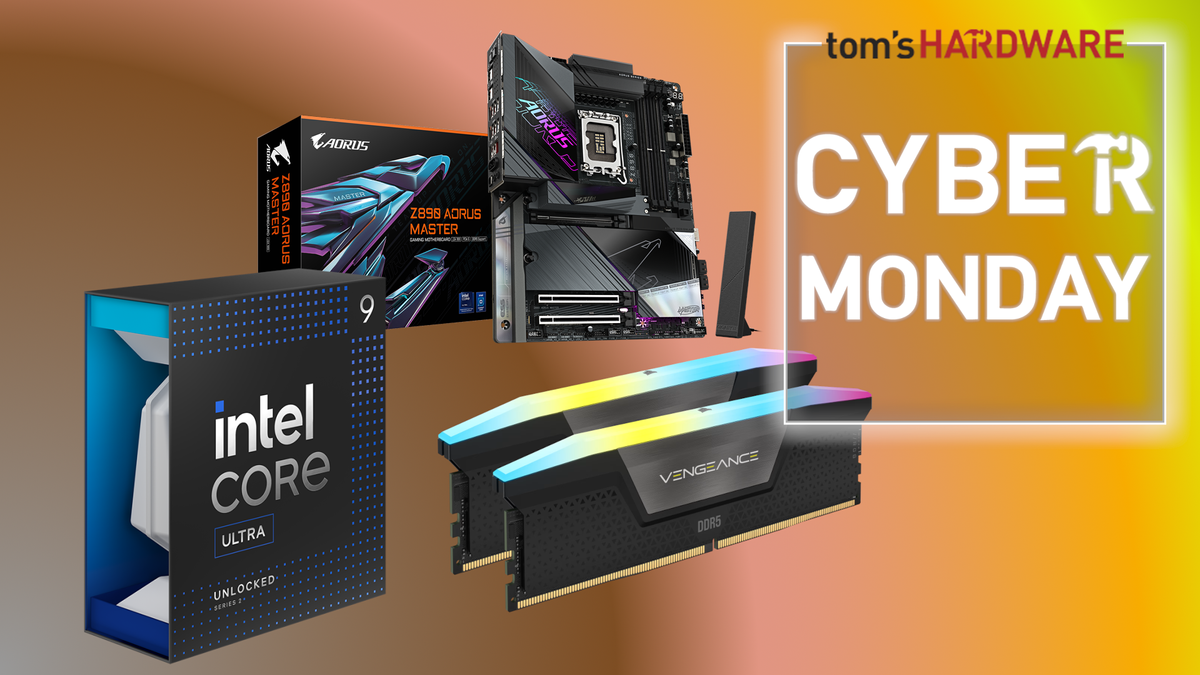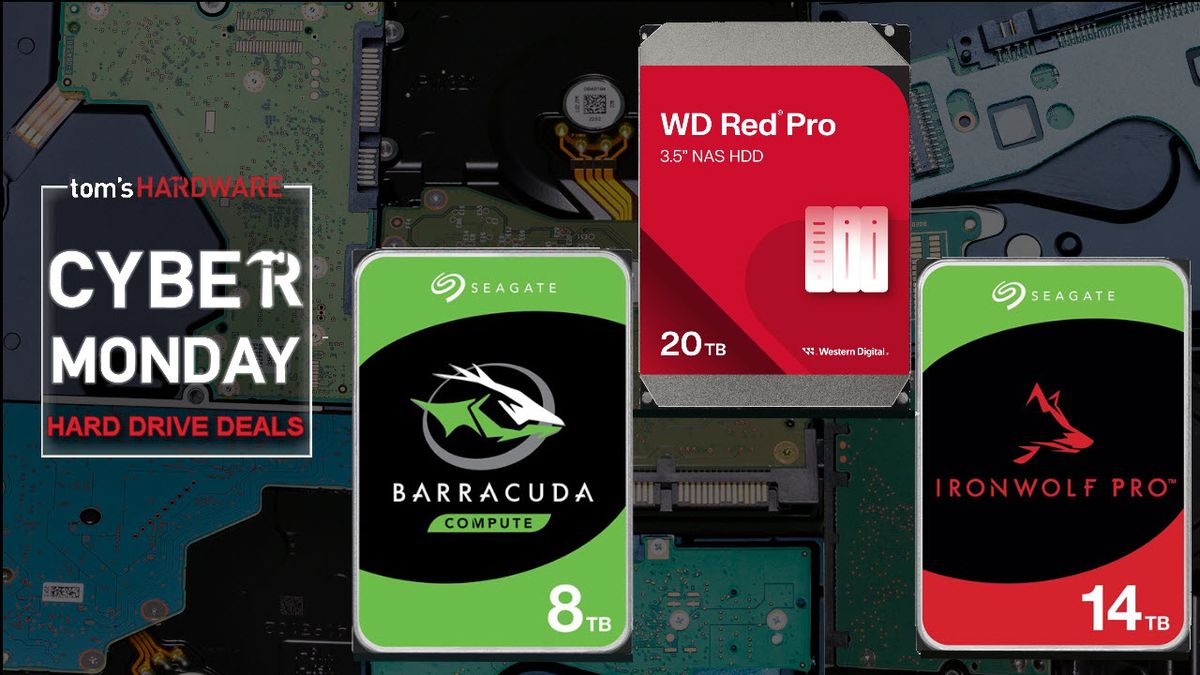A UK start-up says that it has built the world’s first full-stack quantum computer using the same silicon chip technology used in laptops and phones, and it has already been installed at the UK’s National Quantum Computing Centre (NQCC).
Quantum Motion, a 2017 spinout from University College London and Oxford, unveiled the three-rack system on September 15 as part of a government-backed push to commercialize scalable quantum hardware. Built entirely on a conventional CMOS process, the machine is being pitched as “quantum computing’s silicon moment,” which can be fabricated in commercial foundries and dropped into existing server infrastructure.
It’s also not the first system to show up at the NQCC. Oxford Ionics installed a trapped-ion setup earlier this year, and several other UK projects are contributing hardware and firmware under the national program. What Quantum Motion is claiming is not first-to-ship, but first to build a full-stack quantum machine entirely using standard silicon CMOS manufacturing, and to fit the whole thing into a datacenter-friendly rack footprint.
Most current-gen quantum systems live in fridge-sized enclosures and require bespoke power, plumbing, and thermal integration. Getting that down to three racks, including the dilution fridge, is a notable engineering win. But without published specs or real workloads, it’s impossible to know how far the platform goes beyond being a neat demonstration. That’s now up to the NQCC, which will validate and test the system in the coming months.

 2 months ago
12
2 months ago
12










 English (US) ·
English (US) ·